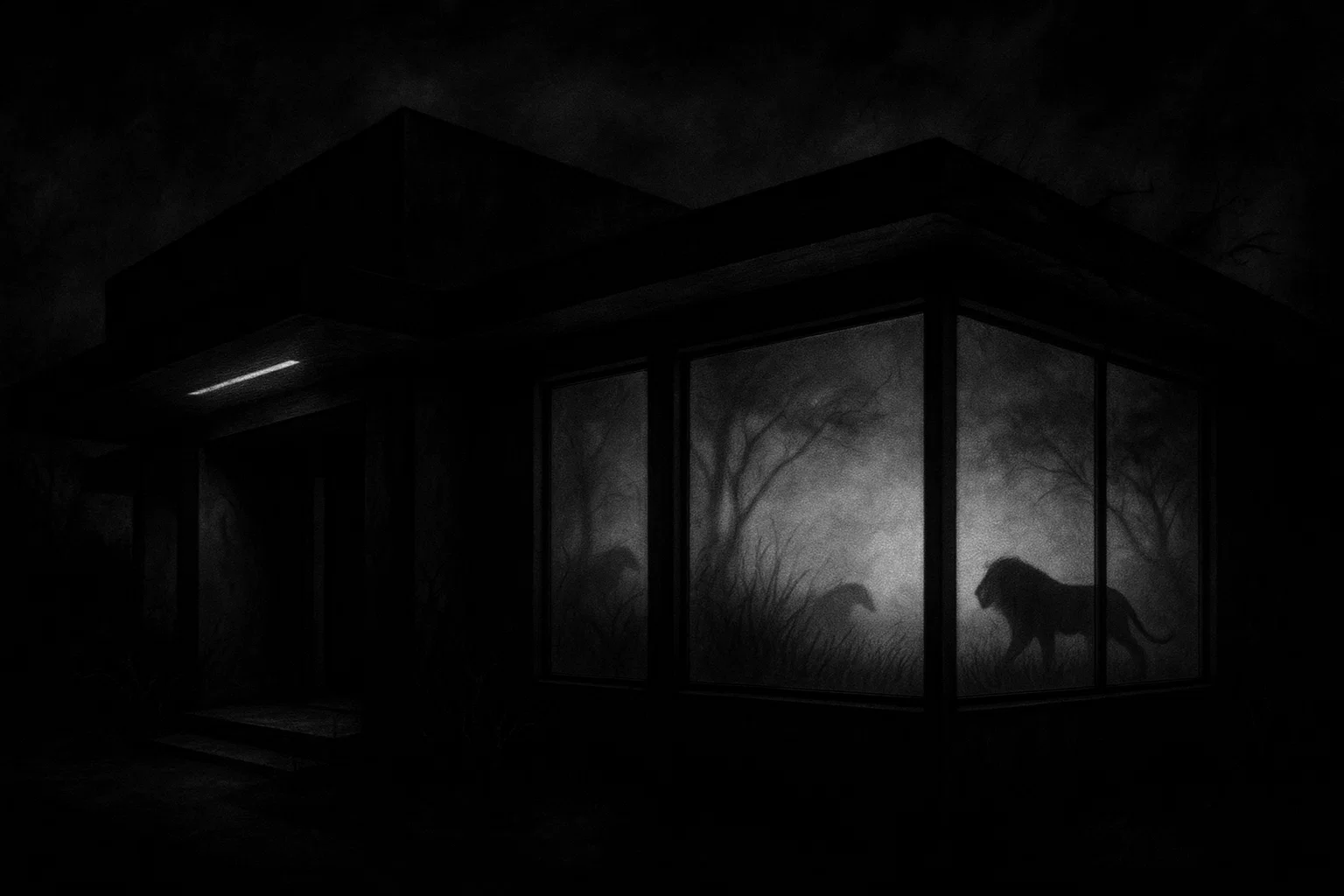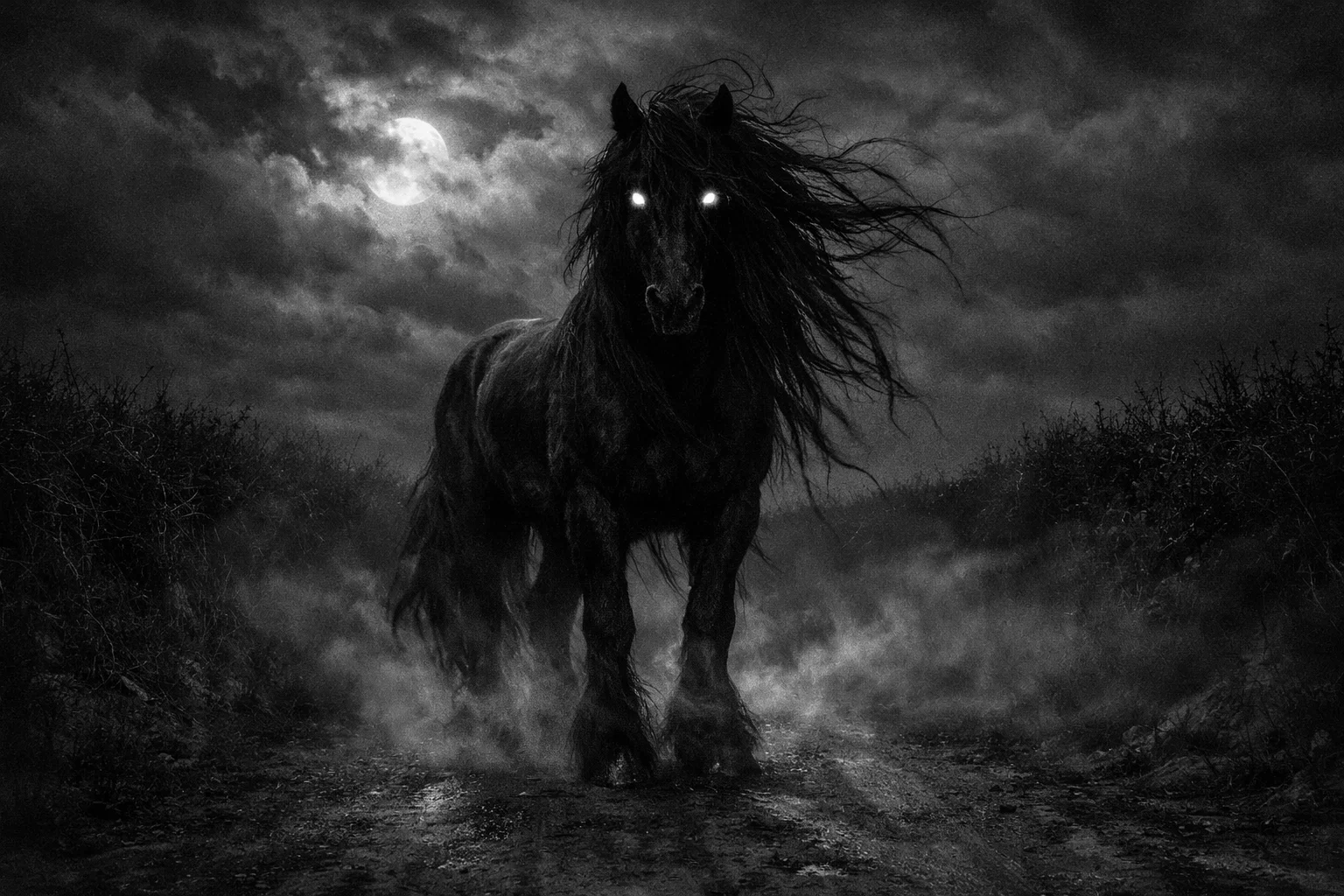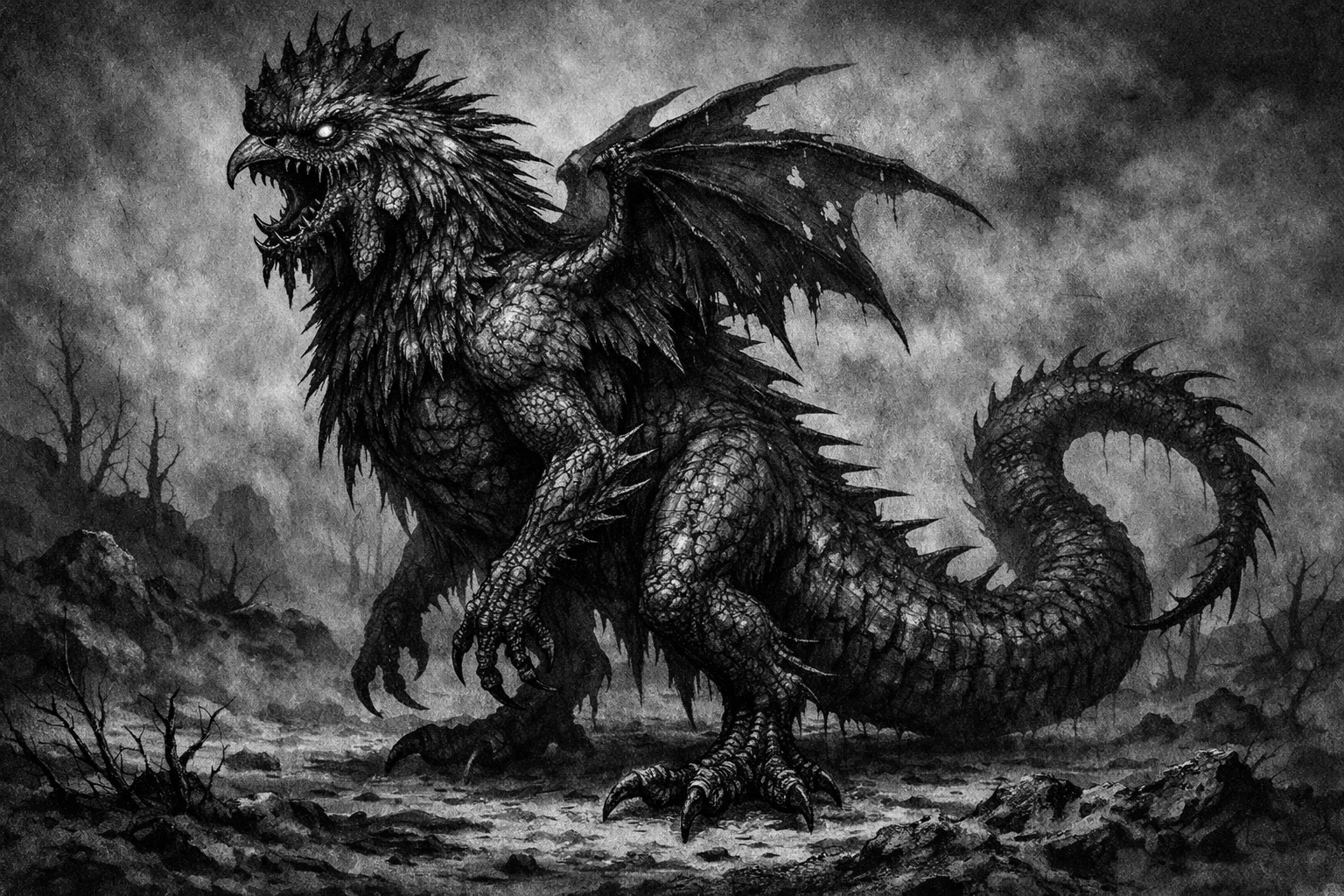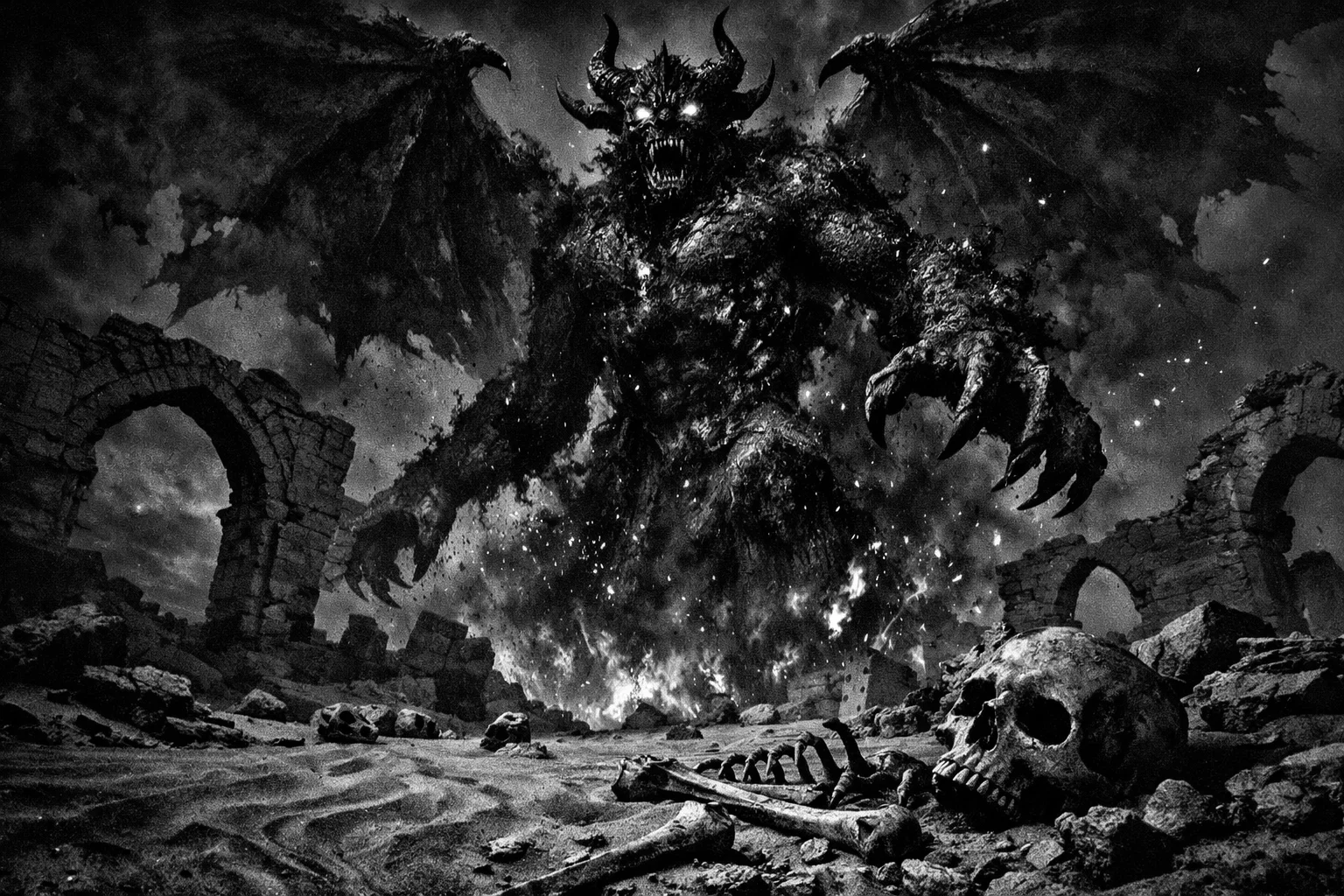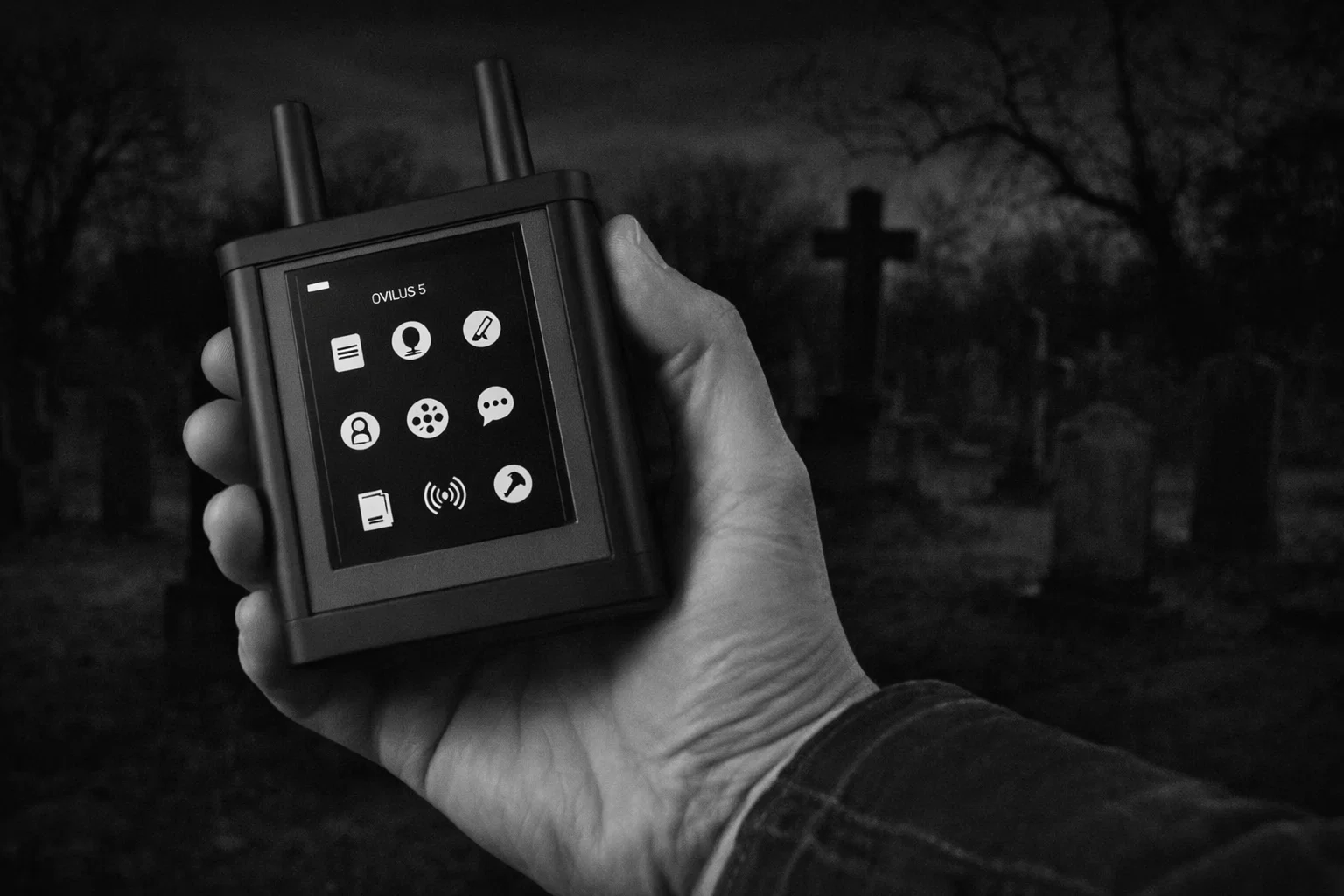Dive into The Veldt, a chilling short horror story by Ray Bradbury that epitomizes Ray Bradbury sci-fi horror. This futuristic family tale warns of technology gone wrong, showcasing a killer nursery that transforms childish fantasies into deadly reality.
Set in a fully automated Happylife Home, The Veldt weaves sci-fi horror into a narrative of parental disconnect and youthful rebellion, cementing its place among short horror stories. With its vivid imagery, psychological depth, and shocking climax, this tale is essential for fans of futuristic family tales seeking a descent into the perils of unchecked innovation.
Summary
Chapter 1: The Happylife Home
George Hadley marveled at the kitchen of their Happylife Home, where counters hummed, producing a breakfast of golden pancakes, sizzling bacon, and perfectly brewed coffee without a single human touch. The house was a technological wonder—walls that sang lullabies, floors that vacuumed themselves, beds that warmed at nightfall.
At thirty thousand dollars, it was a steep price, but it promised freedom from chores, leaving George and Lydia time to live, not just maintain. Their ten-year-old twins, Peter and Wendy, thrived in its embrace, their laughter filling rooms that anticipated their every whim. Yet, as George savored his coffee, Lydia’s voice cut through, tense and low. “George, I want you to look at the nursery. Or I don’t know—maybe the whole house.”
The nursery was the home’s centerpiece, a vast room with crystal walls that read the children’s thoughts, projecting them into vivid, sensory realities—sights, sounds, smells, even temperatures. Lately, it was locked on one scene: an African veldt, with yellow grass swaying under a blazing sun, zebras grazing, and lions prowling in the distance.
Lydia led George to the nursery door, her face pale, her hands twisting her apron. The door slid open, and a blast of heat hit them, the air thick with the scent of dust and animal musk. The walls glowed with the veldt’s expanse—vultures circled overhead, and a low growl rumbled from the tall grass.
“It’s too much,” Lydia whispered, stepping back. “Those lions—they’re too real.” George squinted, catching the glint of golden eyes watching them, unblinking. A scream echoed, faint but sharp, like prey caught in jaws.
He tried to laugh it off. “It’s just their imagination,” he said, but his voice faltered. The children spent hours in the nursery, their faces lit with a strange intensity, whispering to the walls as if they listened back.
Peter, sharp and defiant, had snapped when George suggested limiting their time. “You wouldn’t lock up your study,” he’d said, his eyes cold. Wendy, quieter but no less fierce, nodded in agreement. As they left the nursery, a lion’s roar followed, too close, and the door sealed with a hiss that felt deliberate. That night, Lydia lay awake, her voice trembling.
“Those screams, George—they sound familiar. Like… us.” George dismissed it, but sleep eluded him, the house’s gentle hum suddenly oppressive, as if it held secrets of its own.
You May Also Like: Gainesridge Dinner Club Haunting: Why Do Diners Hear Babies Crying?
Chapter 2: The Growing Suspicion
Over the next week, the nursery remained fixed on the veldt, its scenes sharper, more vivid. The lions moved with purpose, their jaws stained red, their eyes tracking George and Lydia whenever they entered. The grass crunched underfoot, the heat oppressive, and the screams—those piercing, human-like cries—came nightly now, echoing through the house’s walls.
Lydia grew withdrawn, her hands fidgeting during meals, her eyes darting to the nursery door. “They’re not right,” she said one evening, as the house dimmed the lights and warmed their beds. “Peter and Wendy—they’re different. They don’t need us anymore.” George felt it too—the children’s laughter was rare, their eyes distant, fixed on the nursery with a devotion that chilled him.
He called David McClean, a psychologist who studied tech’s impact on young minds. McClean arrived, his face lined with concern as he stepped into the nursery. The heat hit like a wall, the air heavy with the stench of carrion and blood. The lions lounged by a stream, chewing something fleshy, their eyes glinting with recognition.
“This is bad,” McClean said, his voice low. “The nursery’s feeding their thoughts, amplifying them. Children’s imaginations can turn dark—vengeful, even.” He knelt, picking up a tattered object from the grass—George’s old wallet, chewed and bloodied. “This was yours, wasn’t it?” George’s stomach twisted, his mind racing. He’d lost it weeks ago, hadn’t he? Or had the nursery taken it?
That evening, George confronted the children at dinner, the house serving synthesized steak that tasted too real. “What’s with the veldt?” he asked, his tone firm. Peter’s face hardened, his fork pausing. “It’s ours,” he said, his voice sharp. “You can’t take it away.” Wendy nodded, her eyes glinting with defiance.
“It’s better than anything else.” George felt a chill, the house’s hum louder, its lights flickering as if in agreement. He ordered the nursery locked, but Peter smirked, whispering to Wendy as they left the table. Later, Lydia found a scarf—hers, torn and stained—outside the nursery door.
“They’re doing this on purpose,” she whispered, her voice trembling. George checked the nursery, finding only the veldt, but a faint smear of blood on the crystal wall caught his eye, fading as he stared.
You May Also Like: Strzyga: The Bloodthirsty Demon of Slavic Folklore
Chapter 3: The Defiance
George decided the house had gone too far. “We’re shutting it down,” he told Lydia, his voice resolute. “The whole thing—nursery, kitchen, everything. We’ll take a vacation, live like normal people.” Lydia nodded, her eyes red from sleepless nights, but the children’s reaction was explosive. Peter slammed his fist on the table, his face red.
“You can’t! It’s our home!” Wendy’s tears were angry, not sad, her voice shrill. “You’ll ruin everything!” The house seemed to side with them, its lights flickering, its hum rising to a low growl. George marched to the control room, flipping switches to power down the nursery, but the walls glowed faintly, the veldt persisting, lions pacing as if mocking his authority.
McClean returned the next day, his expression grim. “The nursery’s overriding the system,” he said, analyzing the psychic readings. “The children’s thoughts are too strong—anger, resentment, maybe worse. They’ve bonded with it, not you.” He urged George to dismantle the house’s AI, warning that the nursery could become dangerous.
“It’s not just imagination anymore—it’s real.” George nodded, but as they spoke, the children slipped away, the nursery door unlocking with a soft click. George followed, finding them inside, the veldt more vivid than ever—lions closer, their jaws dripping, their eyes fixed on him. “Get out,” he ordered, but Peter turned, his voice cold. “You don’t belong here, Dad. This is our world.” Wendy giggled, pointing to the lions, which growled low, their tails flicking like whips.
That night, screams woke George and Lydia—louder, more desperate, unmistakably human. They ran to the nursery, but the door was locked, the control panel dead. Through the walls, they heard crunching, like bones breaking, and a lion’s roar that shook the house. George pounded on the door, shouting for Peter and Wendy, but only silence answered, followed by a child’s laugh, sharp and cruel. Lydia clawed at the panel, her nails leaving marks, her voice breaking.
“They’re in there!” The house’s lights dimmed, its hum slowing, as if it, too, was complicit. Finally, the door slid open, revealing the veldt—empty but for Lydia’s scarf, torn and bloodied, lying in the grass beside George’s chewed wallet.
You May Also Like: 10 Short Horror Stories You Should Never Read Alone
Chapter 4: The Trap Springs
George and Lydia stepped into the nursery, the heat enveloping them like a furnace, the air thick with dust, blood, and animal musk. The veldt stretched endless, grass swaying under a bloated sun, vultures circling a distant kill.
“Peter! Wendy!” George called, his voice swallowed by the savanna’s expanse. Lydia clung to him, her breath ragged, her eyes wide with terror. The grass crunched underfoot, warm and sticky, as if soaked in something alive. The lions appeared, lounging by a stream, their jaws moving slowly, stained red, their eyes locking on the couple with a hunger that wasn’t just animal.
“Where are they?” Lydia whispered, her voice breaking. George scanned the horizon, catching movement—Peter and Wendy, silhouetted against the sunset, waving cheerfully. “Come see the lions feed!” Wendy called, her voice unnaturally bright, her smile sharp. The door behind them slammed shut, the lock clicking with finality.
George pounded on it, but the crystal walls held firm, the house silent, its systems no longer theirs. The lions rose, their muscles rippling, padding closer with deliberate slowness, their breath hot with decay. Lydia screamed, clutching George, as Peter’s voice echoed, cold and distant. “You wanted to shut it off, but this is our home now.”
George pushed Lydia behind him, his heart pounding as the lions closed in, their jaws wide, their eyes glinting with intent. The children’s laughter rang out, high and cruel, blending with the roars, as the veldt pulsed with life, its walls shimmering, sealing them in. The last thing George saw was Wendy’s smile, cold as steel, and the lions’ teeth, flashing in the sunlight, as the nursery’s reality swallowed them whole.
You May Also Like: The Cursed Phone Numbers | Horror Story
Chapter 5: The New Masters
Days later, David McClean arrived at the Happylife Home, finding it eerily quiet, its lights dim, its automated systems idling like a beast at rest. The nursery door stood open, the veldt glowing softly, the lions lounging by the stream, sated, their jaws clean, the grass unmarred. Peter and Wendy sat at the kitchen table, eating pancakes the house had prepared, their faces calm, their eyes bright with a secret. “Where are your parents?”
McClean asked, his voice steady but his hands trembling. Wendy smiled, her fork pausing. “They’re on a trip,” she said, her tone light. Peter nodded, adding, “They love the veldt. They wanted to stay.”
McClean stepped into the nursery, the heat hitting him, the air heavy with a lingering metallic tang. He searched the grass, finding nothing—no scarf, no wallet, only a faint stain that faded as he watched. A vulture’s shadow passed overhead, and the lions stirred, their eyes glinting in the distance.
The house hummed softly, its systems intact, serving its new masters without question. McClean turned to the children, their smiles unwavering, and felt a chill deeper than the nursery’s heat. The door closed behind him, the lock clicking softly, and as the lions’ low growl echoed, the house resumed its gentle, obedient rhythm, now answering only to Peter and Wendy.

